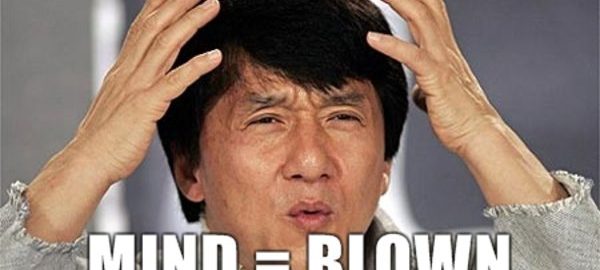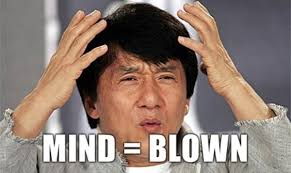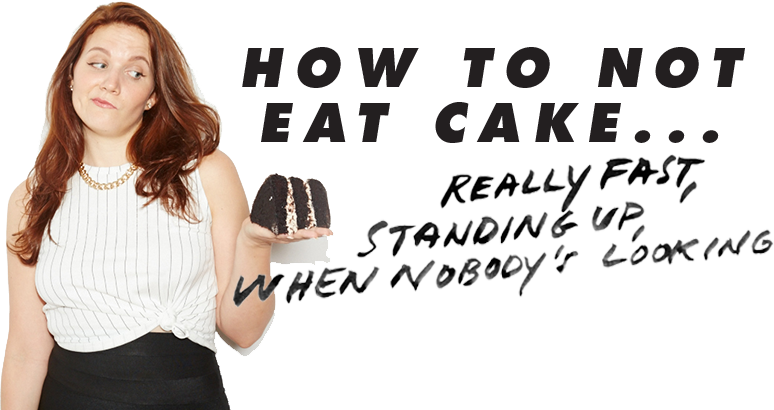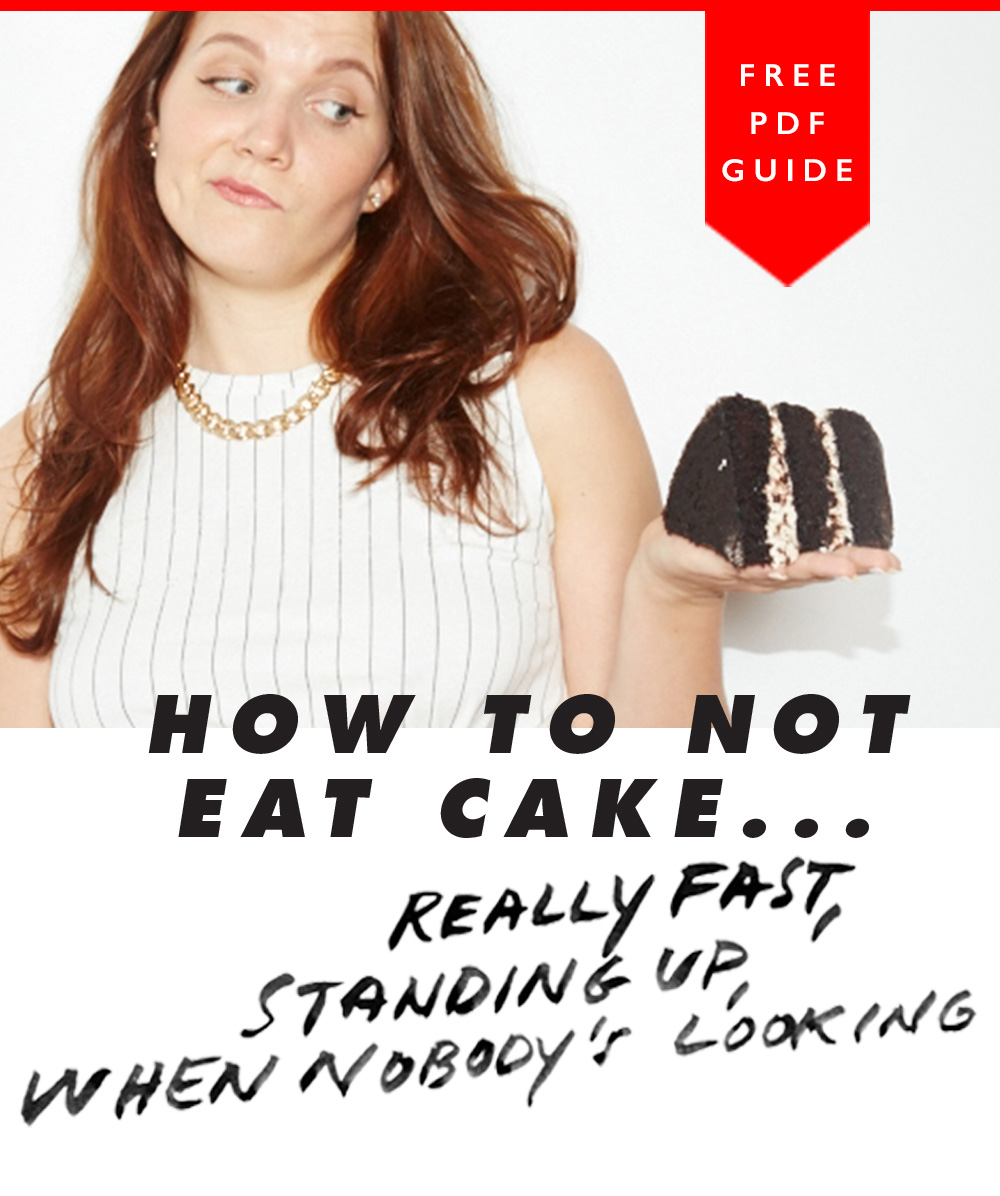
The Biggest Misunderstanding about Emotional Eating
 One of the many symptoms of dieting or food restriction, is an increased desire for food in moments of emotional discomfort or distress—otherwise known as “emotional eating.”
One of the many symptoms of dieting or food restriction, is an increased desire for food in moments of emotional discomfort or distress—otherwise known as “emotional eating.”
Researchers have found a strong correlation between “restrained eating” (e.g. restriction, diet-mentality, etc.), and a person’s likelihood of turning to food when dealing with emotional stressors. This correlation is so strong, in fact, that researchers have found the exact opposite effect—loss of appetite or interest in food—when those who have no diet history are faced with difficult emotions. You can check out this research in this important book.
Of course, there are several theories as to why we see this correlation—perhaps our ability to “willpower” dwindles when managing emotional challenges? Perhaps we learn to associate food with relief after having been deprived nourishment in our past? Or perhaps another reason altogether?
Irrespective of the reason, the fact remains that our previous assumptions that “emotional eating” is learned from a parent or during some traumatic event, or that we’re simply “born that way,” is an incomplete recall of the likely sequence of events. More likely, we learn diet-mentality—perhaps even the simple belief that “thin is good” and “fat is bad”—and our behaviors follow suit.
This new research has seriously challenged conventional “treatment” for emotional eating, which typically employs some form of diet-mentality (e.g. “don’t eat emotionally!”) to help people “recover” from what are misguidedly considered pathological behaviors.
The problem with this way of “treating” emotional eaters is two-fold:
- When we apply diet-mentality to resist emotional eating (e.g. “Emotional eating is bad! Don’t do it!”) we’re actually contributing to the very physical and psychological mechanisms that pre-dispose us to emotional eating to begin with. Additionally, villainization of emotional eating (or any food behavior) is a classic trigger for binge-eating episodes…which is why “I’m bored, I want a cupcake,” so often turns into “I-fell-off-the-wagon-and-I-
can’t-stop.” In other words, this way of treating emotional eating doesn’t usually work long-term and will probably spur on more compulsive behaviors around food in the long-run. (Also, if you’re confused about the difference between “emotional eating” and “binge-eating,” make sure to check out Video #2 of my free video training series here.)
- Diet-mentality, weight stigma, or villainization of certain food behaviors, is almost certainly more painful and damaging to the psyche of emotional eaters than emotional eating itself. After all, the primary reason that people are so concerned about emotional eating to begin with, is almost always fear of weight gain or fear of “failing at the thin ideal.” If the thin-ideal didn’t exist, it’s unlikely anyone would care! All the self-loathing and self-judgement that makes emotional eating so painful for folks, would literally evaporate if we didn’t attach thinness to love, acceptance, power or self-worth. Outside of the context of diet-mentality, emotional eating is actually a pretty benign form of coping. I can think of a lot more problematic and “unhealthy” ways that people deal with their feelings—like, compulsive comparing, worrying, obsessing, or even food restriction or dieting. In fact, I could easily argue that the worrying, shaming, judging and stressing about emotional eating is much more damaging to our mental and physical health than the simple act of eating over feelings.
This all to say, that in many ways, emotional eating is a product of diet-culture—and not so much a separate issue. The only way to not be tortured by emotional eating, is to let go of diet-mentality around it—not to think too much of it, not to give it so much power.
This isn’t to say that we can’t practice mindfulness, or listen to our bodies when making decisions about food (those things are great too!), but if our practice of doing so is motivated by fear of weight gain, a belief that emotional eating is “wrong,” or a hyper-vigilance about emotional eating beyond what may be rational if the thin ideal did not exist…you’re probably not doing yourself any favors.

